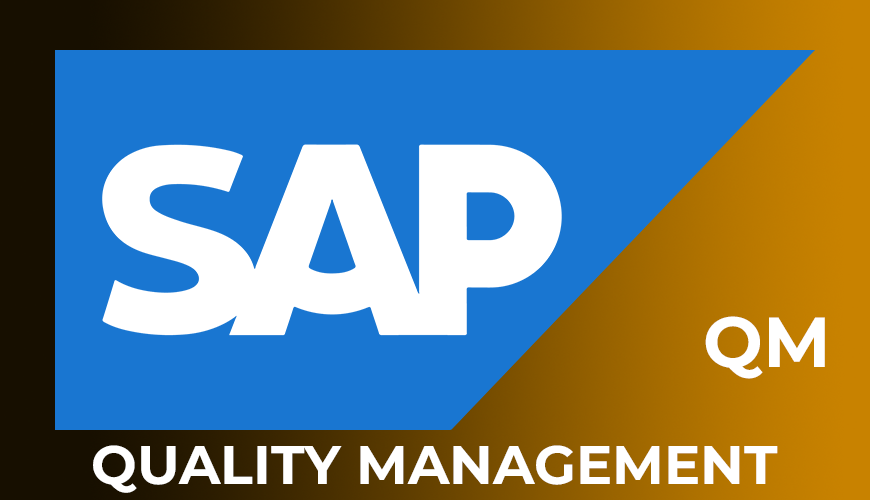In today’s competitive business landscape, quality is the cornerstone of success. Organizations worldwide strive to deliver top-notch products and services to meet customer expectations and gain a competitive edge. This relentless pursuit of quality often leads companies to adopt internationally recognized standards, such as ISO 9001. Ensuring compliance with ISO 9001 standards is where ISO 9001 Lead Auditors come into play. If you’re in Surabaya, Indonesia, and aspire to become a certified ISO 9001 Lead Auditor, this blog is your guide to understanding the critical role these professionals play and the significance of pursuing ISO 9001 Lead Auditor Certification Training in Surabaya, Indonesia.
Unveiling ISO 9001 Lead Auditor Certification
The ISO 9001 Lead Auditor Certification is a prestigious qualification that attests to an individual’s competence in auditing an organization’s Quality Management System (QMS) in alignment with ISO 9001 standards. ISO 9001 is globally recognized as the gold standard for QMS, providing organizations with a structured framework to enhance efficiency, customer satisfaction, and overall quality.
Earning the ISO 9001 Lead Auditor Certificate in Surabaya, Indonesia, is not merely an accomplishment; it signifies a commitment to quality and compliance. The certification process includes comprehensive training covering ISO 9001 standards, auditing principles, techniques, audit planning and preparation, conducting audits, audit reporting, and an understanding of how ISO 9001 supports the continual development of QMS.
The Impactful Role of an ISO 9001 Lead Auditor
An ISO 9001 Lead Auditor assumes a multifaceted role in the realm of quality management, impacting organizations in various ways. Here are the key aspects of their role:
1. Ensuring Adherence to Standards
At its core, the role of an ISO 9001 Lead Auditor revolves around ensuring that organizations strictly adhere to ISO 9001 standards. This involves a meticulous examination and assessment of the organization’s QMS to identify areas of non-compliance and deviations from the ISO 9001 standard.
2. Identifying Improvement Opportunities
Beyond compliance, Lead Auditors are instrumental in recognizing opportunities for improvement within the QMS. They meticulously evaluate processes, procedures, and practices to pinpoint areas where efficiency can be enhanced, and quality can be elevated.
3. Upholding Quality Standards
Quality is not a static achievement but a dynamic pursuit. ISO 9001 Lead Auditors work closely with organizations to help them sustain their quality standards. They ensure that corrective actions are implemented to address any non-conformities identified during audits.
4. Nurturing a Culture of Quality
Lead Auditors contribute significantly to fostering a culture of quality within organizations. They share their knowledge and insights, aiming to instill a profound commitment to quality at all levels of the organization.
5. Alignment with Organizational Goals
Quality is not just a goal unto itself; it often aligns with broader organizational objectives. ISO 9001 Lead Auditors ensure that the QMS is harmonized with the organization’s strategic goals, thereby contributing to its overall success.
6. Building Trust and Credibility
ISO 9001 certification serves as a symbol of trust and reliability in the eyes of customers, partners, and stakeholders. Lead Auditors play a pivotal role in helping organizations build and sustain this trust and credibility.
The Significance of ISO 9001 Lead Auditor Certification Training
The multifaceted role of an ISO 9001 Lead Auditor necessitates more than just theoretical knowledge; it demands practical skills in auditing and quality management. This is where ISO 9001 Lead Auditor Certification Training in Surabaya, Indonesia becomes indispensable. Here’s why this training holds immense significance:
1. In-Depth Knowledge
The training equips participants with a comprehensive understanding of ISO 9001 standards and provides insights into the intricacies of quality management. This knowledge serves as the bedrock for effective auditing.
2. Hands-on Skills
While theory is essential, the training places significant emphasis on practical skills. Participants learn how to meticulously plan and conduct audits, assess processes, and effectively communicate their findings.
3. Tailored to Regional Needs
The training is thoughtfully tailored to cater to the specific needs and practices of industries in Surabaya, Indonesia. This ensures that auditors are well-prepared to address regional challenges and leverage opportunities.
4. Career Advancement
ISO 9001 Lead Auditor Certification is not just a credential; it is a catalyst for career advancement. Certified auditors are highly sought after in the job market, opening doors to a wide array of career opportunities.
5. Impact on Organizations
Certified ISO 9001 Lead Auditors wield significant influence within organizations. They play a pivotal role in helping organizations maintain high-quality standards, enhance efficiency, and meet compliance requirements, contributing to the organization’s growth and success.
Conclusion
In the relentless pursuit of excellence, ISO 9001 Lead Auditors serve as sentinels of quality within organizations. Their role transcends mere audits; it encompasses ensuring compliance, identifying improvement opportunities, nurturing a culture of quality, and aligning the QMS with organizational objectives. ISO 9001 Lead Auditors contribute profoundly to an organization’s ability to thrive in a fiercely competitive world.
For those in Surabaya, Indonesia, who aspire to take on this critical role in quality management, enrolling in ISO 9001 Lead Auditor Certification Training is the first step. It is not just about certification; it is a transformative journey that empowers individuals to become key players in the world of quality management. By demystifying the role of an ISO 9001 Lead Auditor, professionals can embark on a fulfilling journey toward excellence in quality management, making an enduring impact on the organizations they serve.




